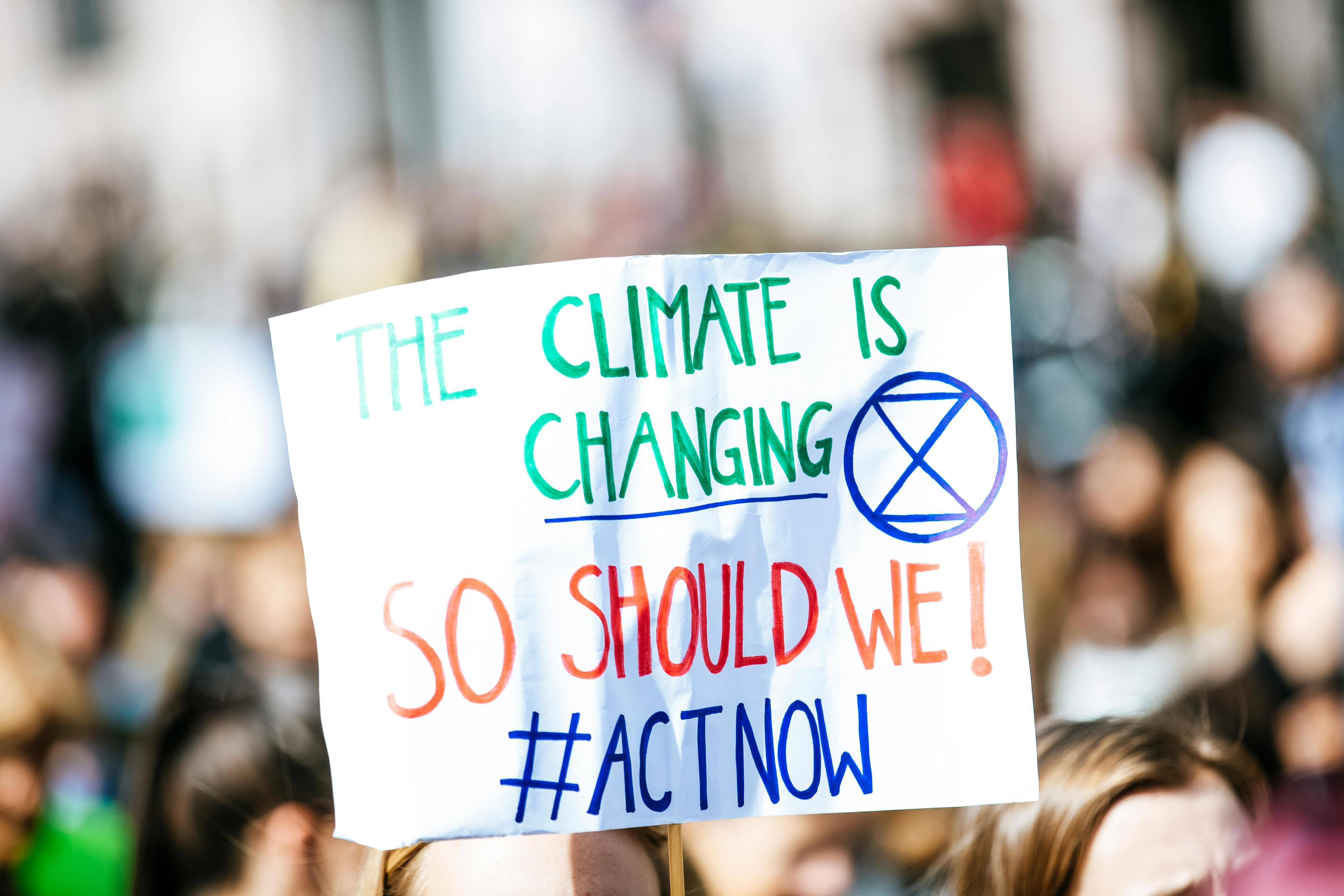
New York, United States (Enmaeya News) — Many people misjudge which of their daily choices most affect climate change, according to a new study published in Proceedings of the National Academy of Sciences Nexus.
Researchers from New York University, Yale, Stanford and Copenhagen Business School surveyed nearly 4,000 participants to measure their understanding of the environmental impact of personal behaviors.
The study found that individuals often overestimate the effectiveness of actions such as recycling, using energy-efficient appliances and conserving water. At the same time, they tend to underestimate the impact of more carbon-intensive habits, including frequent air travel, eating meat-heavy diets and keeping pets that rely on meat-based food.
A 2017 University of California, Los Angeles, study estimated that feeding dogs and cats meat-based diets in the United States produces about 64 million tons of carbon dioxide annually — equivalent to the emissions from 13.6 million cars.
Researchers said part of the gap stems from the visibility of certain activities. Recycling, for example, is a routine and tangible action, while the carbon cost of flying or eating meat is less obvious and rarely tied directly to individual choices.
The findings suggest that misconceptions may give people a false sense of environmental responsibility. The authors stressed the need for stronger public education to provide clearer information on the climate impact of various behaviors, allowing individuals to make choices that better align with their goals to reduce emissions.








